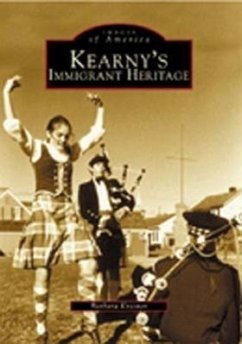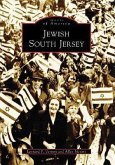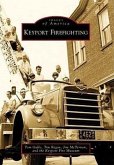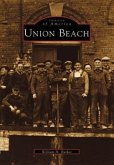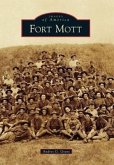Kearny has been and continues to be an icon of multiculturalism. Kearny's Immigrant Heritage traces the waves of immigrants who began to populate the town in 1875, when Clark Thread (now Coats & Clark) of Paisley, Scotland, opened two mills here and encouraged workers to immigrate. Swedes arrived in the Arlington section of Kearny as early as 1880, drawn by employment opportunities at the Celluloid Works and other nearby industries. Lithuanians came by 1895, resulting in Our Lady of Sorrows Church, the parish school, the Schuyler Savings Bank, and the Lithuanian Catholic Community Center. Italians from Calabria and Naples and Jewish families from Eastern Europe operated the local shops that lined Kearny and Midland Avenues and Elm Street. Japanese families settled in the Arlington neighborhood before 1917.
Hinweis: Dieser Artikel kann nur an eine deutsche Lieferadresse ausgeliefert werden.
Hinweis: Dieser Artikel kann nur an eine deutsche Lieferadresse ausgeliefert werden.

